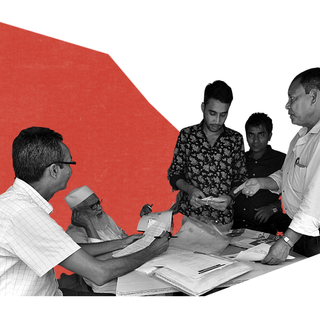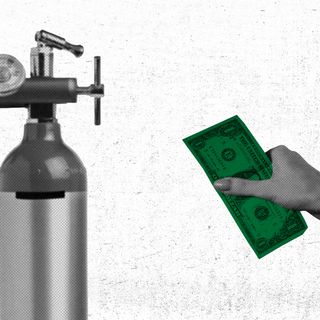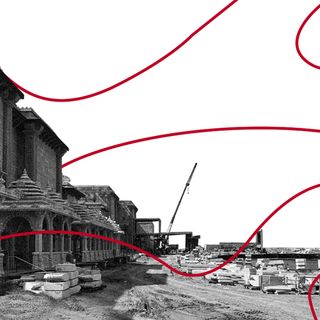The Delhi High Court on Thursday questioned the utility of a caller tune used as part of the central government’s Covid19 vaccination awareness drive, noting there’s no point in pushing out messages asking people to get vaccinated if there are no vaccines in the first place.
“You have been playing that one irritating message on the phone whenever one makes a call, for I don’t know how long, that we have the vaccination when you actually don’t have the vaccination,” the court said.
“You are not vaccinating people but you still say, ‘vaccination lagvayein (get vaccinated),’ kaun lagayega vaccination (who will get vaccination) when there is no vaccination. What is the point?” the bench added. The vaccination drive for people in the 18-44 age group has stalled this week owing to low supply. On Wednesday, almost 100 vaccination sites administering Covaxin for the under-45 group shut down, and the stock for frontline workers and those above 45 is close to running out, the Delhi government said.
The bench, comprising Justices Vipin Sanghi and Rekha Palli, was hearing petitions concerning the health situation in Delhi. The public messaging around Covid19 awareness is dated and doesn’t reflect the rampant shortage of vaccines in the national capital, the court noted, adding it was the responsibility of the government to amplify up-to-date information to the public.
Related on The Swaddle:
India Has Run Successful Vaccination Drives Before. An Immunization Expert Tells Us What Went Wrong This Time
“Now that you have prepared one and you will keep running it till, like a tape it stops running… you will keep running it for ten years. You have to react to the situation existing on ground,” the court added. The government should prepare more awareness campaigns and it will help to hear “a different one every time.”
Awareness campaigns about the pandemic — underscoring the urgency of wearing masks, physical distancing, proper hygiene — are key to linking the public with scientific measures. Like ads and publicity on the need to wash hands and wear masks last year, the court urged the government to come up with audio-visual initiatives that dispel information about medication, oxygen, and concentrators.
For instance, the awareness material created by the Indian Council for Medical Research (ICMR) could be broadcasted on state channels like Doordarshan. Even Bollywood actors like Amitabh Bachchan can “conduct interviews with celebrated doctors” to amplify public awareness messages, the court said.
State-sponsored public messaging remains an important source of disseminating Covid19 precautionary measures, particularly for rural areas and corners without access to the internet, who may lose out on a steady stream of information in real-time. The high court has asked the central and Delhi government to revert with steps they will take for Covid awareness in terms of print and TV media, along with other awareness measures. “All this needs to be done soon. There needs to be a sense of urgency. We are losing time.”




